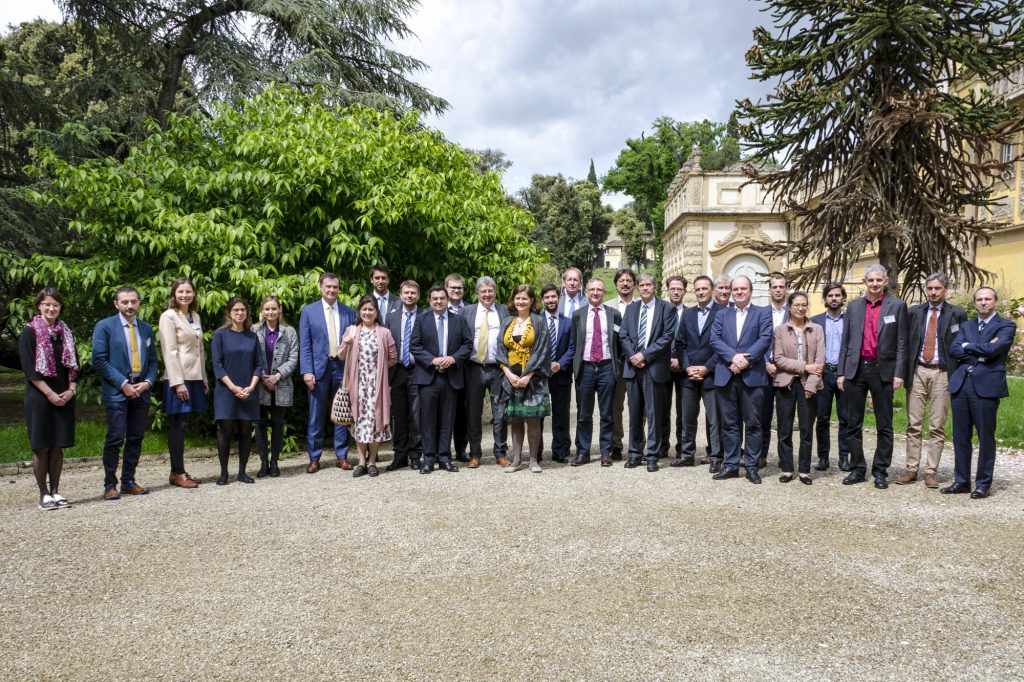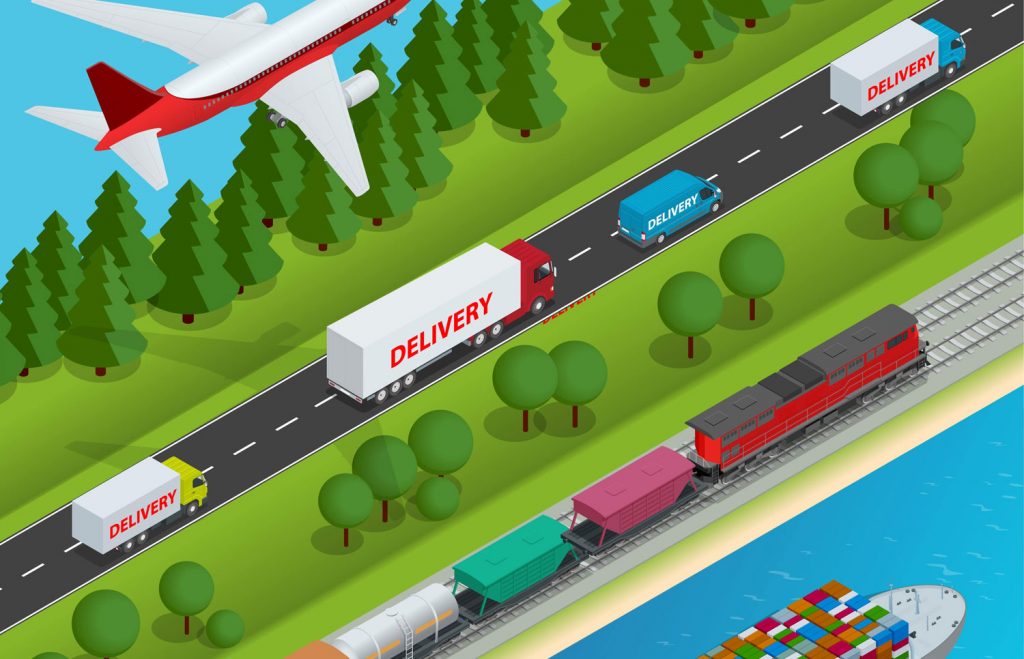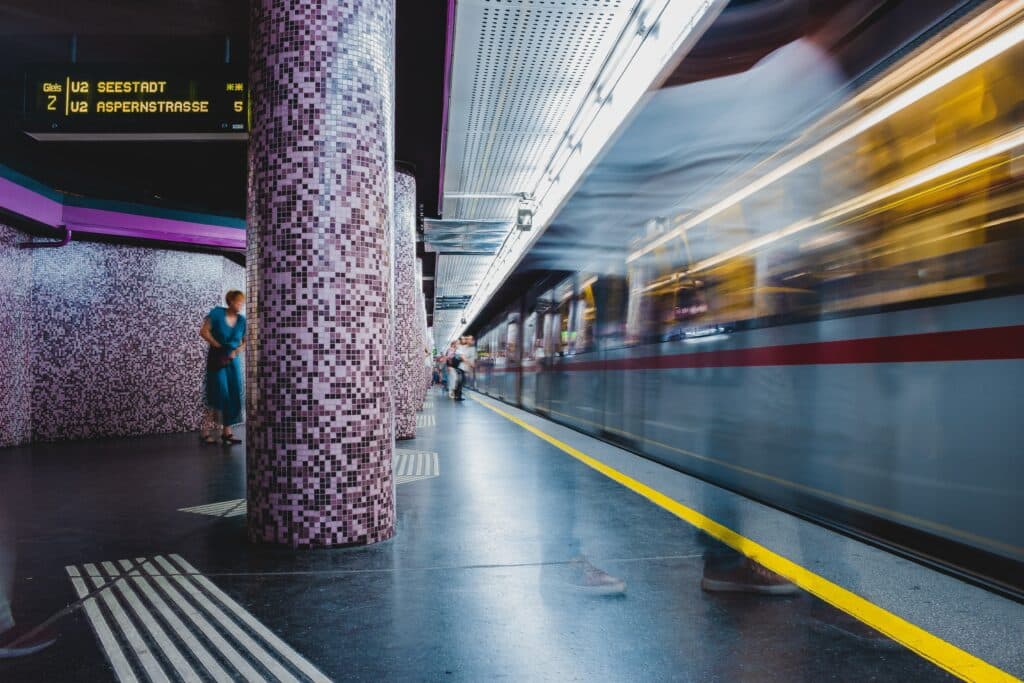5th Florence Intermodal Forum on the Internalisation of the External Costs of Transport
On May 20th 2019 the Transport Area of the Florence School of Regulation hosted its 5th Florence Intermodal Forum on the Internalisation of the External Costs of Transport. The event was co-organised with the European Commission’s DG MOVE, and brought together representatives from all transport modes, as well as regulators from national- and local-levels, for a discussion on the transport sector’s external costs and the necessary policy tools to internalise these.
The debate was kick-started by the presentation of a new study commissioned by DG MOVE on ‘Sustainable Transport Infrastructure Charging and Internalisation of Transport Externalities’. Building on previous work, this study provides a comparison of infrastructure- and external costs with taxes and charges currently paid by transport users. While the final study is yet to be published, a clear message emerges from it, namely that transport charges and taxes today do not fully cover external and infrastructure costs, and, as a result, users are only paying for roughly half of the directly generated costs by transport.
Participants agreed that the application of the user-pays and polluter-pays principles, through internalisation techniques, is a powerful instrument for creating demand for clean technologies, and thus an important pre-condition for incentivising more efficient transport. It was, however, noted that the effectiveness of pricing mechanisms in achieving behavioural change may vary depending on the elasticity of demand, as well as on country-specific characteristics, such as population density.
The general agreement was that internalisation alone is not a ‘silver bullet’ and should instead be complemented by a broader set of regulatory measures, such as, for example, urban land use planning regulations, parking fees, as well as vehicle access restrictions.
The importance of a participatory approach to the design and implementation of fiscal and taxation policies was furthermore highlighted, so as to ensure public acceptance and social justice.
The Forum concluded that the shift towards a sustainable and multimodal transport system will necessitate the enactment of a combination of push- and pull-factors at different levels of government. What is more, the potential of digitalisation was underlined, especially when it comes to reducing transaction costs as well as to enhancing our understanding of the complementarity and/or substitution effects between the different transport modes.
The final study is set to be released in the course of the next weeks. In parallel, the European Commission is currently conducting an evaluation of its 2011 White Paper, which already then acknowledged the importance of implementing ‘fair and efficient transport pricing’. Evidently, the two pieces of work are complimentary and will be decisive in shaping important policy decisions and legislative processes for the incoming Commission. Most notably, it is hoped that the study findings and policy recommendations will be instrumental in realising the European Commission’s objective of net carbon neutrality across all sectors of the European economy, including transport, by 2050.
For further background information and the final agenda of the forum click here.
We would like to thank all participants for travelling to Florence and contributing to a lively debate.







